Robinhood is the first Unicorn and Super app from Thailand. It has been instrumental in transforming the global perspective on Thailand and Southeast Asia among the Western diaspora. In this blog, learn the reason behind Robinhood’s rise to the top and see why running a super app business is crucial in today’s era.
Introduction
Thailand’s on-demand market has been divided into two companies competing head-to-head with a very close market share. The entire year has been a back-and-forth ride of dominance between the different super app companies. However, their apps are known to deliver almost anything, from groceries to medicines.
However, here, the current focus is on the company that started it all: Robinhood. With a formidable portfolio of funding, Robinhood’s impact on employment opportunities has had far-reaching effects in neighboring countries. Even the government had to revise the minimum wages and per-capita income of the delivery drivers because of Robinhood’s transparent and truly unique business model.
To truly understand the history of the rise of Robinhood, you must learn about its current business model, especially super apps.
What are Super Apps?
Super Apps are all-in-one multi-functional mobile applications that work primarily on on-demand services. They are called all-in-one because, apart from delivery services, people can make payments, use service providers, and even buy properties. In general, super apps contain mini-apps, each having a specific feature of its own, like ride-hailing, food delivery, sending couriers, and much more.
Compared to Europe or the US, Super Apps in Asia have gained notable popularity, with at least one super app ruling the entire country’s market. For instance, WeChat in China, LINE in Japan, KakaoTalk in South Korea, Gojek and Grab in Indonesia, and now Robinhood in Thailand. This trend of having a super app for all needs is understandable, as most people find it much more convenient when they see everything in one app.
There is also the matter of giving out information to 10 different apps instead of one. However, there are other important factors to consider when it comes to discussing the rise of Super Apps.
The Rise of Super Apps in Asia
Super apps, offering multiple services from one place, are known to make life easier for users. Currently, an average user has about 80+ apps on their smartphone. Having so many apps raises privacy and device memory concerns.
In the case of Robinhood, it was started as a call center to connect people to courier delivery. Two-wheeler ride-hailing services were introduced to meet the increasing demands of users for convenient transportation. However, the app didn’t hit the market until 2015 and didn’t take much time to showcase its true potential after that.
Moreover, the app became synonymous with companies that needed more presence among its more technologically inclined user base. That is why the rise of super apps can be seen in Asia. It was the people who made it all possible.
Currently, the Super App market in Asia is expected to have a CAGR of nearly 30% by 2030. Hence, it is pretty evident that the Asian market is a perfect environment for app-based startups to flourish among the public. In between all this, a Super App holds the key to market disruption, coupled with innovative marketing campaigns and predictive customer analysis.
What Made Robinhood So Popular?
Robinhood’s success may be attributed to its services, competitive pricing, focus on local needs, and flexibility. For instance, over the past three years, Robinhood users have given over USD 20 million in tips to the platform’s driver-partners and service providers.
This reflects Robinhood’s Super App proposition to create an excellent offering for consumers while delivering a positive social impact throughout Asia. When it comes to quality services, Robinhood has set the bar high by identifying the potential and satisfying each demand.
Solving a Real Problem
From the beginning, Robinhood was focused on improving “the welfare and livelihoods of the Thai people.” This came from solving the ever-present problem of getting from one place to another. While the infrastructure can’t change, along with the status of the road and the population of the country, the technology can. Robinhood tapped into the need for a ride-sharing and hailing service and made it more accessible to find and pay a driver. Other additions like food delivery, on-demand massage, courier services, and bill payments opened more doorways to hidden market potential.
Understand the Local Market
Robinhood thoroughly understands Thailand and has carefully planned its international expansion toward cross-country growth. It has tailored its services to the specific needs of businesses and residential demands. They understood very early that, with collaboration, they could have a hard time expanding to other states.
Hence, Robinhood started small companies that run independently of the Thai mothership. They will, of course, have the backing of their established leader and will open up more collaboration with local partners around local needs.
Enables an Ecosystem of Entrepreneurs
Robinhood plays the same role in Indonesia as Amazon does in the US, but with more impact. With its Super App presence, Robinhood supported countless small businesses in Thailand that impacted living standards and economic growth.
By suddenly allowing people to learn new skills and reach new customers, Robinhood was able to create new on-demand businesses that transacted on the super app and found considerable online success.
Now, independent drivers can use the app from a larger area to complete a delivery. With full accident insurance and private health insurance, they can benefit from surge pricing to find customers during peak hours. With cashless payment, Robinhood gives drivers access to online banking as well.
There is also a second hugely popular market for online food deliveries that is reaching the ride-hailing market. Robinhood’s on-demand food service offered aspiring restaurateurs and micro-entrepreneurs the chance to get into the business of online food deliveries.
Therefore, the concept of a dark kitchen came into existence. Robinhood reports that small businesses increase their sales by 350% on average.
Creating A Super App Like Robinhood
When it comes to making a Super App from scratch, there are a couple of things to keep in mind. The most common one is to have a core service that defines your business. In other words, the concept of having a Super App can only take flight if you prove your worth as a reliable business in any on-demand service.
However, the design and development of the app must have a list of various features that you can market in the future, labeling it as a super app.
To create a robust blueprint for a Super App, you need to get a considerable amount of help from professional agencies. Hence, look for an experienced app development firm that has done previous work around the concept of a super app. Finding a place that develops a one-service app is easy.
That is why you must search carefully. Moreover, there is also the option to buy the super app and customize it as per your business.
Modern entrepreneurs are taking this option with the utmost seriousness as it saves both time and money, allowing them to take a chance in the market and see the feedback as well.
For this, you can contact a white-label firm and inquire about a demo to test thoroughly before making the final decision. Buying the source code also customizes the features and functionality of the app as per your business needs.
Here, you don’t have to hire any in-house developer or designer to create user, driver, and service apps and launch your business in the market.
Conclusion
Super apps have transformed the way most people interact with online businesses. They are the future of mobile applications, coupled with AI and ML. If you want to have a long career outside of starting an online business, stick to one and start on-demand deliveries with the help of a super app. Invest in a ready-made grab clone and find yourself earning hordes of profit from day one.

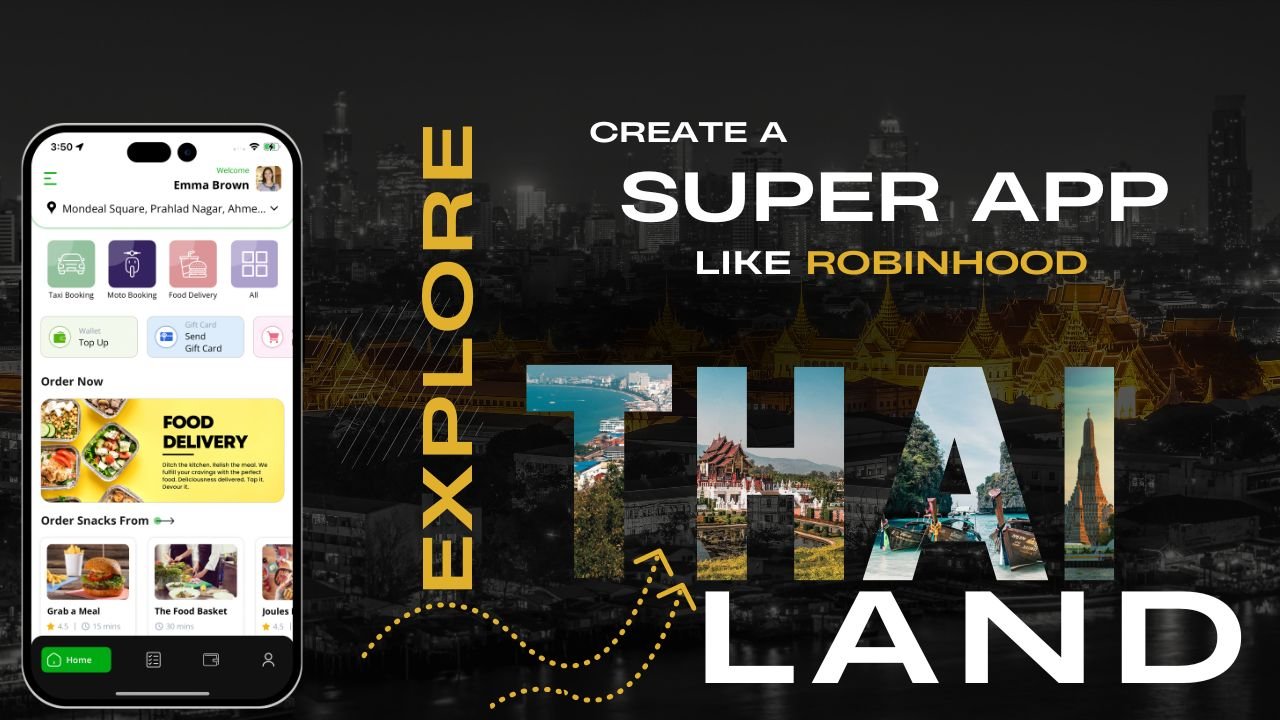
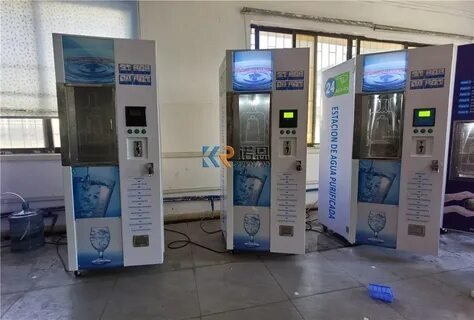





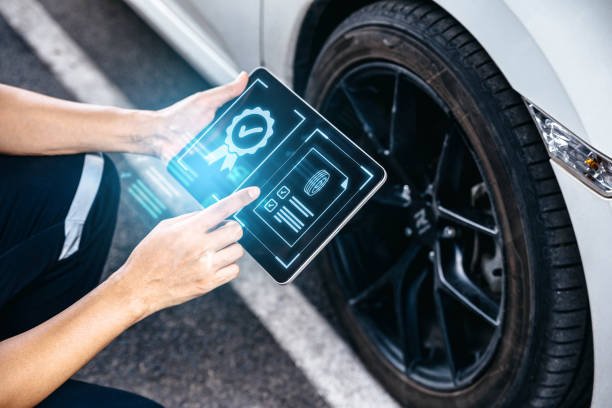
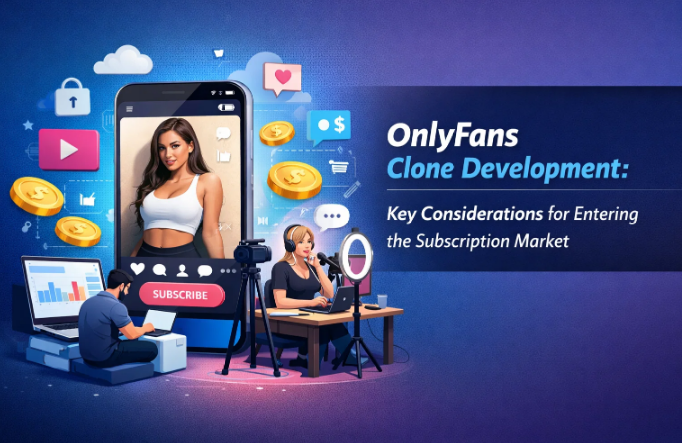
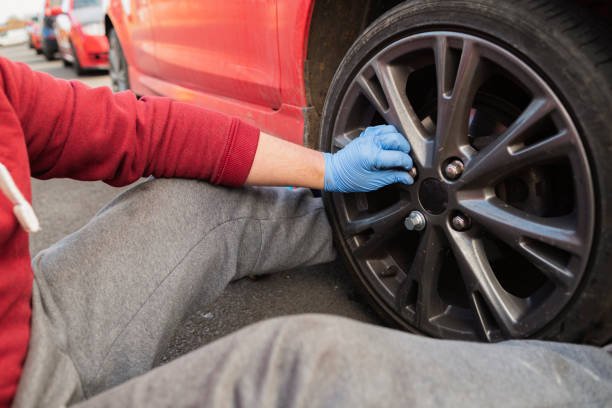


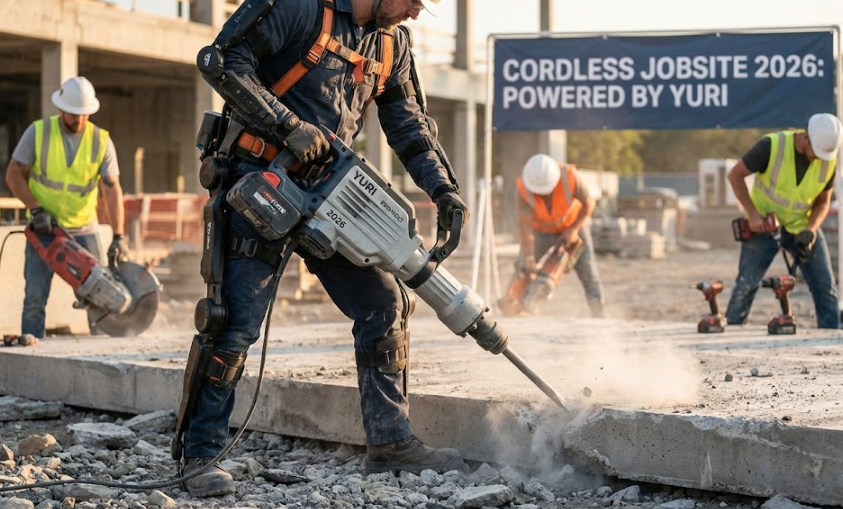

Leave a Reply